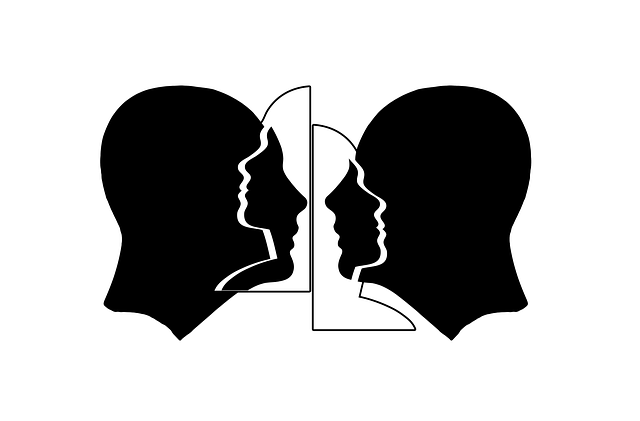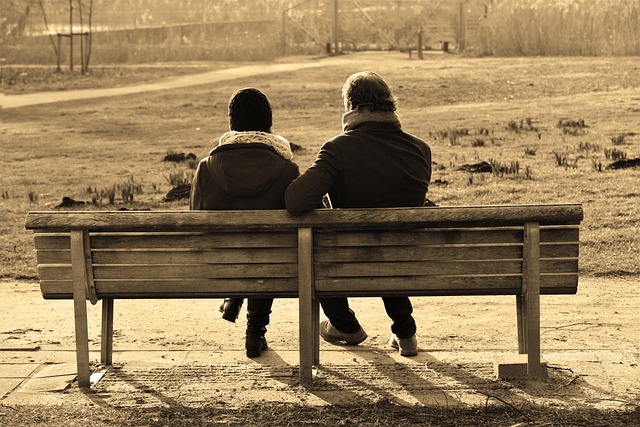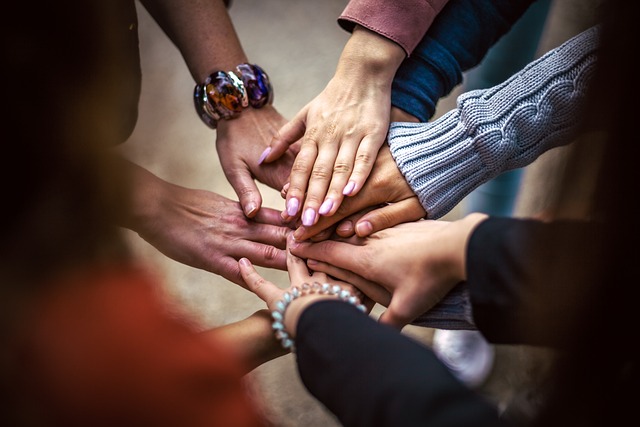Transform Lives: Your Ultimate Guide on How to Help Someone with Social Anxiety
As a seasoned Personal Development Coach and Therapist, I’ve had the honour of guiding many individuals through the labyrinth of social anxiety. Today, I want to share some of my insights and strategies with you. If you’re here, it’s likely you have a loved one grappling with social anxiety. Your readiness to understand and assist is a testament to your compassion and empathy, they are very lucky to have you in their lives. So, let’s get started!
Table of Contents
- Understanding Social Anxiety
- Empathy and Compassion
- Communication Strategies
- Encouraging Professional Help
- Supporting Self-Help Strategies
- Setting Boundaries
- Conclusion
Understanding Social Anxiety
Before we can help, we need to understand what social anxiety is. It’s more than just shyness or introversion. It’s a genuine, often paralysing fear of social situations. Individuals with social anxiety often dread being judged, embarrassed, or humiliated.
Definition and Symptoms
Social anxiety disorder, also known as social phobia, is a type of anxiety disorder characterised by excessive fear, anxiety, discomfort, and self-consciousness in everyday social situations. Symptoms can range from a rapid heart rate and trembling to feeling nauseous or dizzy. It’s like my client, Emily, who would feel her heart pounding and get genuinely nauseous at the mere thought of going to a social gathering where there might be new people.
Common Misconceptions
There are many misconceptions about social anxiety. It’s not about being antisocial or aloof. It’s not a choice, and it’s certainly not a sign of weakness. It’s a mental health condition that requires understanding, patience, and support.
The Impact on a Person’s Life
Social anxiety can significantly impact a person’s life, affecting their relationships, work, and overall quality of life. It can lead to low self-esteem, negative thoughts, and depression. It’s a heavy burden to carry, and your support can make a world of difference. For more insights, check out my article on Your Work Life and Career.
Empathy and Compassion
Empathy and compassion are your superpowers in this journey. They’re about understanding someone’s feelings and showing genuine care.
The Importance of Empathy and Compassion
When you empathise, you try to understand what the person is going through. Compassion takes it a step further by wanting to help alleviate their suffering. When my client, David, shared his social anxiety struggles, his friend’s empathetic response made him feel seen and understood. It was a real turning point for him.
How to Show Empathy and Compassion
Listen actively, validate their feelings, and offer comfort. Avoid minimising their fears or rushing them to “get over it” or “you’ll be fine once you’re there”. Instead, let them know that it’s okay to feel anxious and that you’re there to support them.
Communication Strategies
Effective communication is key when dealing with social anxiety. It’s about creating a safe space for open dialogue.
How to Approach Conversations
Start by expressing your understanding and willingness to help. Use “I” statements to avoid sounding accusatory. For instance, “I’ve noticed you seem uncomfortable in social situations, and I want to support you.”
Tips for Effective Communication
Be patient, non-judgmental, and open-minded. Encourage them to share their feelings and experiences. Remember, it’s not about “fixing” them, but about understanding and supporting them.
Encouraging Professional Help
Professional help can be a lifeline for someone with social anxiety. Therapists and psychiatrists have tools and strategies that can make a world of difference.
The Role of Therapy and Medication
Cognitive-behavioural therapy (CBT) is often very effective for treating social anxiety. Medications, such as SSRIs, can also help manage symptoms. Encourage your loved one to explore these options with their GP if necessary.
How to Encourage Someone to Seek Help
Show your support and ask if they have ever considered seeking help. You could offer to help them find a therapist or accompany them to an appointment. Remember, the decision is ultimately theirs.
Supporting Self-Help Strategies
There are many self-help strategies for managing social anxiety. Encourage your loved one to try deep breathing exercises, mindfulness, or yoga. For more on this, check out my article on the 3-3-3 rule.
Introduction to Self-Help Strategies
Self-help strategies can complement professional treatment. This could include lifestyle changes like regular exercise, a healthy diet, and adequate sleep. Mindfulness and relaxation techniques can also help manage symptoms.
How to Support the Implementation of These Strategies
Support can range from joining them in these activities to simply acknowledging their efforts. Remember, every small step counts.
Setting Boundaries
While it’s important to be supportive, don’t forget to take care of yourself too. It’s okay to set boundaries and take time for your own mental health if you find yourself getting too involved.
The Importance of Setting Boundaries
Supporting someone with social anxiety can be emotionally draining. It’s crucial to set boundaries to maintain your own mental health. This isn’t selfish—it’s necessary. For more on this, check out my article on building self-confidence.
How to Set Boundaries
Communicate your limits clearly and kindly. It’s okay to say no when you’re feeling overwhelmed. Remember, you can’t pour from an empty cup.
Conclusion
Supporting someone with social anxiety can be a journey, but remember, every step you take is a step towards understanding, acceptance, and healing. You’re doing an amazing job, and I’m proud of you!
Now, it’s time to put these strategies into action. Start a conversation, show empathy, encourage self-help strategies, and don’t forget to take care of yourself too. You’ve got this!
Remember, you’re not alone on this journey. Reach out to mental health professionals for guidance and support. Together, we can make a difference. Let’s create a world where everyone feels understood, accepted, and loved. For more resources, check out my book notes and summaries.




